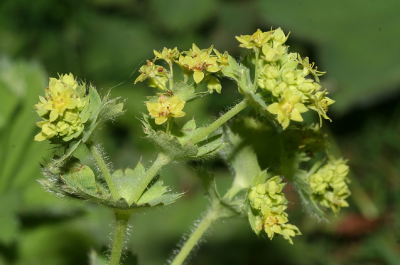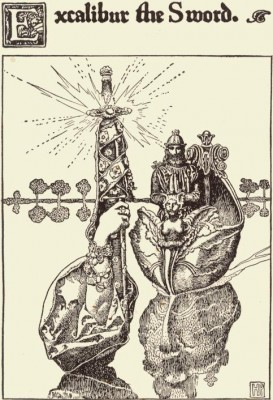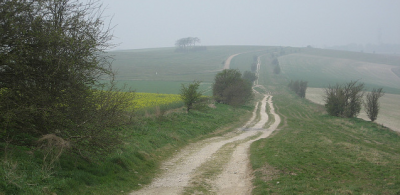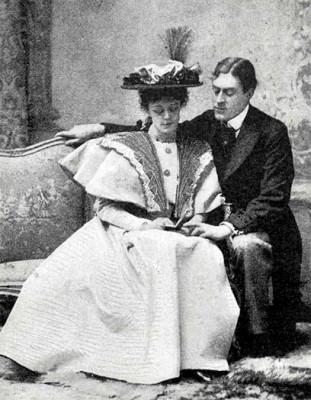I was nine when Dad pointed to a small plant at the front of the Battlement Border and said the words “Alchemilla mollis.” I’d heard him use botanical names before but this was the first time he’d yoked the strange words so deliberately to a thing. He got me to say the words after him: Alchemilla mollis. At first I couldn’t get them right. The words knotted and snarled in my mouth; we had to work through them syllable by syllable, the names a technique my lips and tongue needed to master by practice. But as soon as I said them once, it was easy. Alchemilla mollis. Alchemilla mollis. I looked down at the plant, leaf rims crimped in pleats, the small yellow-green flowers, and said the plant’s own name back to it as if in greeting. The words slid fluently, a musical pleasure in that procession of l’s and m’s, the see-saw rhythm of Alchemilla mollis. As soon as I had its name in my head I started to notice the plant all over the garden: at the front of borders, seeded in cracks between flagstones. The name was a kind of recognition. Now Alchemilla mollis stood out from other, anonymous plants.
—William Fiennes, The Music Room (2009)







